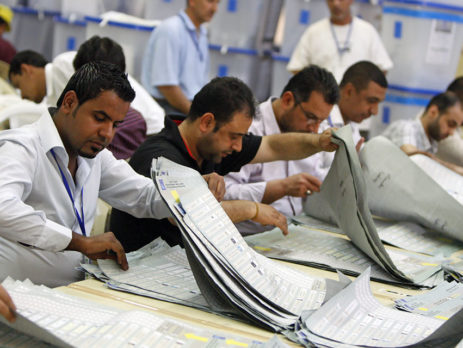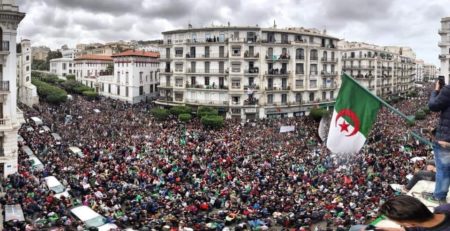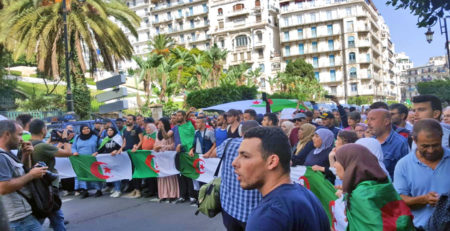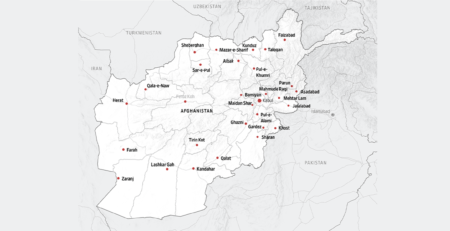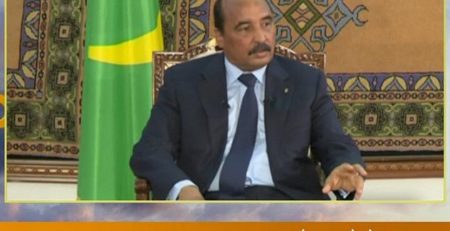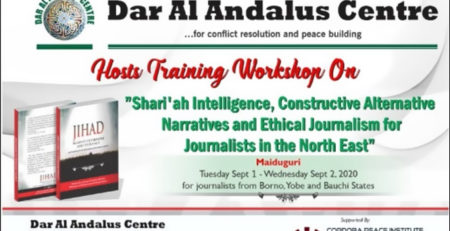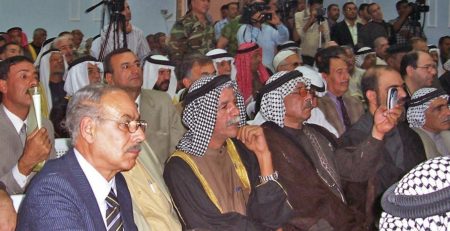The Political Process in Iraq – 2018
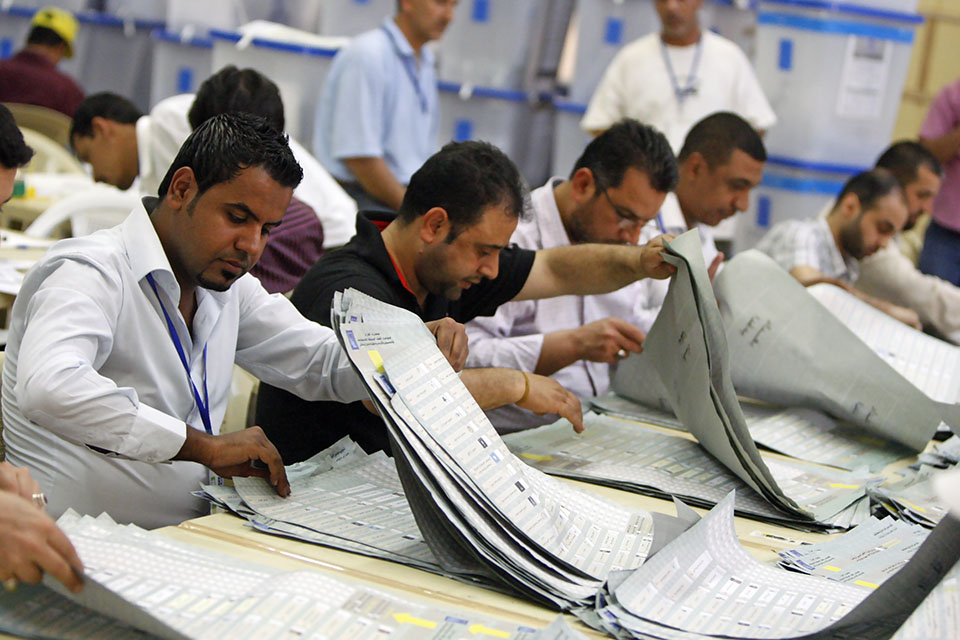
After several months of delay and negotiations, the Iraqi government is finally taking shape little by little. For the fourth time since the fall of Saddam Hussein regime, Iraqis were called to the polls on May 12 to elect the 329 members of parliament for a four-year term. Because of its political system, to obtain a majority bloc in the parliament, parties must form more or less formal coalitions and thus approve candidates for ministerial positions. However, since December, two different parliamentary blocs, though supposed to form a tacit alliance, have been waging a ruthless war to position their candidate for various ministerial positions.
After the election of the President of Parliament Mohammed al-Halboussi by the new lawmakers on September 15, the process of formation of the government, which constitutionally was to last 90 days, could begin. Following this election, Barham Salih was chosen on October 2 to hold the position – mainly honorary – of the President of the Republic of Iraq, which has traditionally returned to a Kurd since the fall of the old regime. His moderate position on the issue of Kurdistan’s independence has earned him the favor of the most important parliamentary groups.
Newly elected, Salih quickly appointed Adel Abdul Mahdi as Prime Minister, the latter enjoying a rich experience in politics, while maintaining a certain independence vis-à-vis sectarian and / or ethnic rivalries. He has served as Minister of Finance, but also as Minister of Oil for two years. He was also elected vice-president in 2005, a position he retained until his resignation in 2011. As the holder of the main powers under the Constitution, Abdul Mahdi has since been tasked with forming his government by proposing ministers who must then be approved by the MPs.
Thanks to their political alliance, the Islah (reconciliation) bloc led by Moqtada al-Sadr and the Bina (reconstruction) bloc led by Hadi al-Ameri agreed on 14 of the 22 ministers. The speed of these approvals suggested that the situation had indeed been unblocked, but Sadr and Ameri suddenly returned to a political stalemate concerning the approval of the Minister of the Interior. In the recent years, this position has always been attributed to political figures from the movement led by Ameri, which is strongly supported by Tehran, while Sadr preferred a candidate without any political affiliation to a foreign regime and insisted that Abdul Mahdi continue to present candidates for the ramainder of the ministries still vacant, despite the stalemate on this post.
Annoyed by this situation, Sadr also threatened to withdraw from the approval process and to organize demonstrations. Indeed, in the past the populist Shia had managed to mobilize its young supporters, during the occupation, to try to drive the American troops out of the country. But it is particularly in 2016 that he demonstrated the importance of his influence by organizing a major anti-corruption demonstration on the principle of an inclusive Iraqi identity. His supporters even managed to enter the “international zone” (also known as the “green zone”) to demand the resignation of some ministers.
Due to their dissatisfaction with Abdul Mahdi’s proposals, members of parliament, mostly affiliated with Sadr and Abadi, ended a session at the beginning of December, during which the Prime Minister was trying to get his list of candidates approved for the posts of unoccupied ministers. This disruption forced the Prime Minister and his candidates to leave the parliament, leaving the Iraqi government without either a minister of defense or the interior. This disagreement was caused by Abdul Mahdi’s wish to present as Minister of the Interior Falih al-Fayyadh, who is the president of the Hashd al-Shaabi, or “People’s Mobilization Unit”. Also head of his own organization (the Badr Brigades) founded in 1982, which he transformed into a political party in 2012, he participated in the fighting against the Islamic State. For his opponents, Fayyadh’s relations with Tehran constitute a conflict of interest. He had previously had to give up his position as National Security Advisor for this reason. Frustrated by the stagnation of the situation, Abdul Mahdi said he would not submit any more candidates. According to him, it is up to the parliament to introduce new names.
This immobilization of the political process is paralysing the country, and for this reason the 2019 budget has not yet been planned. Because of this, it is impossible to organize the reconstruction of the country and send aid to reach the poorest areas and/or the ones destroyed by fighting. Abdul Mahdi finds himself stuck in this situation and unable to exercise his power, knowing that another divisive position must still be approved, that of Minister of Defense. The Defense ministry manages security and military-related topics and is therefore highly coveted. According to the Iraqi Constitution, this post must be held by a technocrat or an independent. In November, Sunni MPs proposed former President of the Parliament Salim al-Jabouri after numerous negotiations. But the main parties being busy with the choice of a Minister of the Interior, Jabouri has so far been neither confirmed nor refused.
This blockage within the Shia political apparatus and the parties representing various alliances demonstrates a change of course in Iraqi politics in general. It is no longer the Shia-Sunni cleavage that dominates political dealings, but the different visions of what defines Iraqi identity and the desire to prevent new foreign interference.





